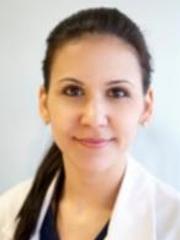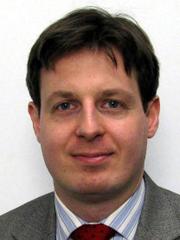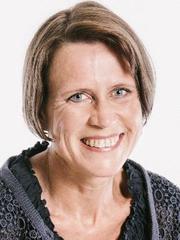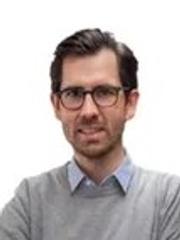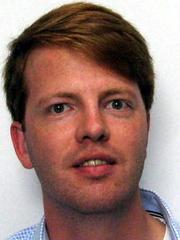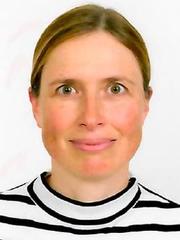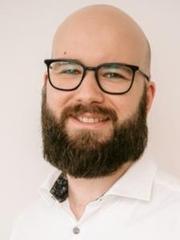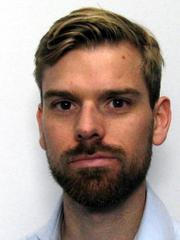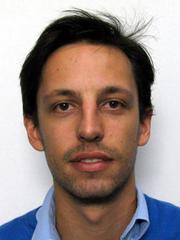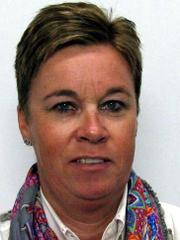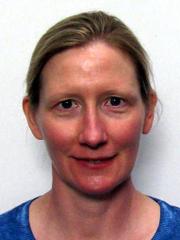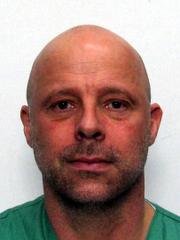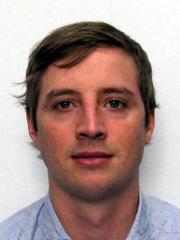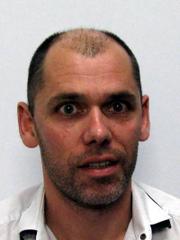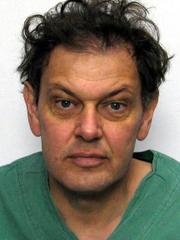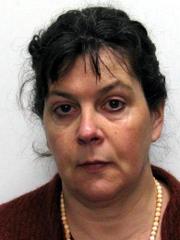The OMS department is open to patients with a wide range of complaints, including those whose causes have not yet been identified. Once a clear cause is established, the patient is internally referred to the staff member with the most expertise in that area.
Complaints
The complaints can be very diverse: pain, jaw joint problems, swelling, taste issues, snoring problems, colour changes, mouth ulcers, poorly healing wounds of all kinds, abnormal growth, congenital abnormalities of the mouth or face, cancers, problems with the bite, implants, or prosthetics, dental and jaw injuries from accidents, infections, impacted teeth, nerve injuries, signs of ageing, oral diseases, and orthodontic problems for which surgery may be needed.
Procedures
In addition to general or specific complaints, patients are referred for numerous oral surgical procedures: wisdom teeth, tooth extractions, root remnants, cysts, impacted canines, lip frenula, small abscesses, dental implants, biopsies, salivary stones, gingival grafts, bone grafts, and infections or fractures.
The most appropriate form of anaesthesia is chosen in consultation with the patient. This can be local anaesthesia, intravenous sedation with a nasal mask, or full general anaesthesia.
For procedures, a distinction is made between basic procedures, which are mastered by several staff members and consultants, and those requiring the specific expertise of certain staff members or consultants. This is determined during the consultation.
3D lab
For most procedures involving bone, support is provided by the 3D lab, where full-time engineers perform simulations and print customised surgical guides in 3D.
OMS surgeons
Specialists in oral and maxillofacial surgery hold both a medical and dental degree.
After a four-year specialisation, they receive a diploma of advanced competence in OMS surgery.
Staff members
All staff members are involved in patient care, the training of assistants, and student education. Together, they ensure the proper treatment of conditions in the field of oral and maxillofacial surgery.
The staff members work full-time and exclusively at UZ Leuven and KU Leuven.
The consultants each have their area of expertise that they bring to patient care and to the benefit of assistant training.
Doctors in training
UZ Leuven is a teaching hospital. This means that a medical intern (a doctor in training) or a resident (a specialist in training) may examine you. By observing and participating, they learn how to work independently in the future.
